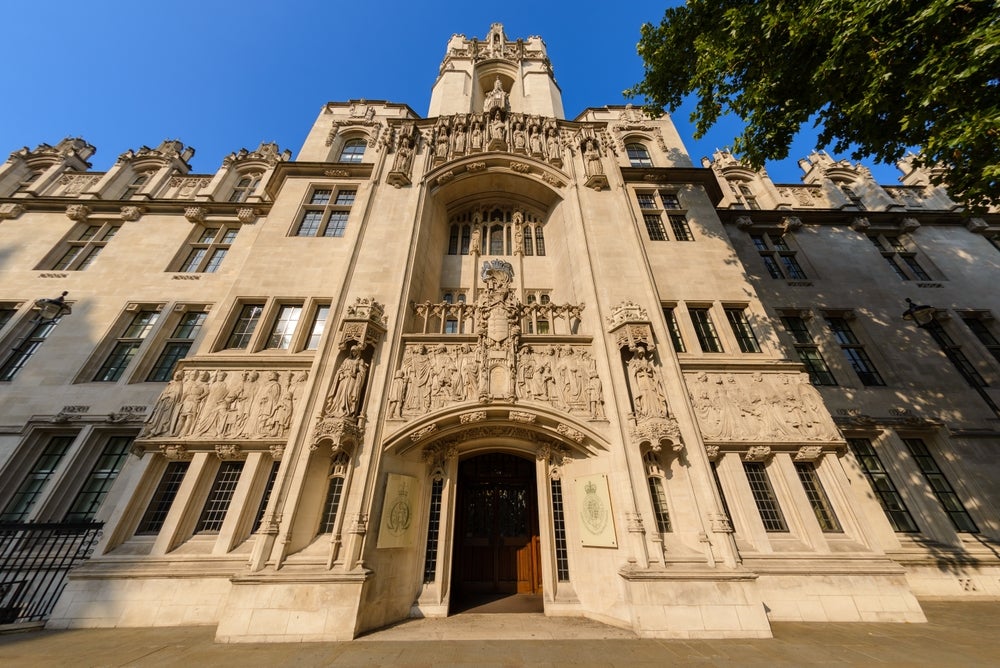Discretionary commission arrangements (DCAs) in motor finance have been a hot topic for some time, first coming to the FCA’s attention in 2017/18 during its investigations into vehicle finance.
The FCA was concerned that consumers were paying the highest rate of interest possible under these arrangements and that they broke the connection between credit risk and the cost of credit. The FCA banned arrangements where a broker’s remuneration was based on the credit charge, effective January 2021.
2024, a year of legal challenges
Several milestones occurred in 2024, including the FCA announcement of a review of historic DCAs and the Financial Ombudsman Service’s (FOS) publication of two final decisions (one was subject to an unsuccessful judicial review application, with an appeal pending). Perhaps the most significant was the Court of Appeal decision in (1) Johnson v FirstRand Bank Limited, (2) Wrench v FirstRand Bank Limited and (3) Hopcraft v Close Brothers.
In these conjoined cases, it was determined that the broker owed a fiduciary duty to the customer. In such cases, the receipt of commission by the fiduciary puts them in conflict unless they have obtained the customer’s fully informed consent. Provided that the lender knew of the ‘wrongful act,’ they could be liable as an accessory, and the customer could obtain a return of the commission payment plus interest. These findings could have a wider application than just to vehicle finance.
The court also considered whether the commissions payable had been fully or partially disclosed to the customer in each case. The key takeaway for cases where a commission was fully secret is that this will allow liability to be established against the lender as a primary wrongdoer, provided the broker owes a ‘disinterested duty’ (which effectively means a duty to provide information or recommendations on a disinterested or impartial basis).
If such a duty applies, the customer can have a claim against the lender for the value of the secret commission, as well as recession of the contract. The court determined that such a duty did exist in all three cases. The question then was whether the commissions in question were secret, or not.
In one case, the commission’s secrecy was admitted, which, in itself, was sufficient for the appeal to succeed, given the existence of the disinterested duty. In the second, it was accepted that a partial disclosure had been made. In the third case, there was no admission or acceptance but the lender’s standard terms for the finance stated that a commission ‘may’ be payable to the dealer. The Court found that the commission in this third case was secret, as the possibility of commission was buried in the small print – however, determining whether a commission is secret will be fact-specific in each case.
This brings us to the second case. If a partial disclosure has been made, a lender may be liable as an accessory if a fiduciary duty exists, as discussed above. The question was therefore whether or not the partial disclosure was sufficient to meet the obligations of the fiduciary. The Court held that it was not, noting that “… the fact there is no informed consent follows automatically from the finding that there was only partial disclosure…”. The court also clarified that the customer must be informed of the commission’s amount; without this, informed consent cannot be established. It was also held that the lender knew of the commission and that the customer would expect the broker to act in their best interests – overall, this was sufficient for the lender to be found liable as an accessory.
Supreme Court Appeal, what’s next?
The case is subject to an expedited appeal, which will be heard by the Supreme Court in April. In general, cases will need to be looked at on their individual merits but what disclosures and discussions there have been around commission are likely to be key.
Brokers must ensure that commissions received are prominently displayed in documents, including their existence, nature, and value, and are fully disclosed to customers. The additional significance of this is that the final findings of the Supreme Court are likely to inform what steps the FCA takes – the outcome of their industry-wide review is currently expected in May (but this may well be pushed back). With current redress estimates of £44bn, a figure significant enough that the Treasury sought unsuccessfully to intervene in the appeal, an industry-wide redress scheme seems likely.
David Allinson is a Partner with London-based law firm RPC
Motor finance in the dock: Court ruling could reshape UK dealer commission models
Supreme Court hearing to decide future of UK motor finance industry








